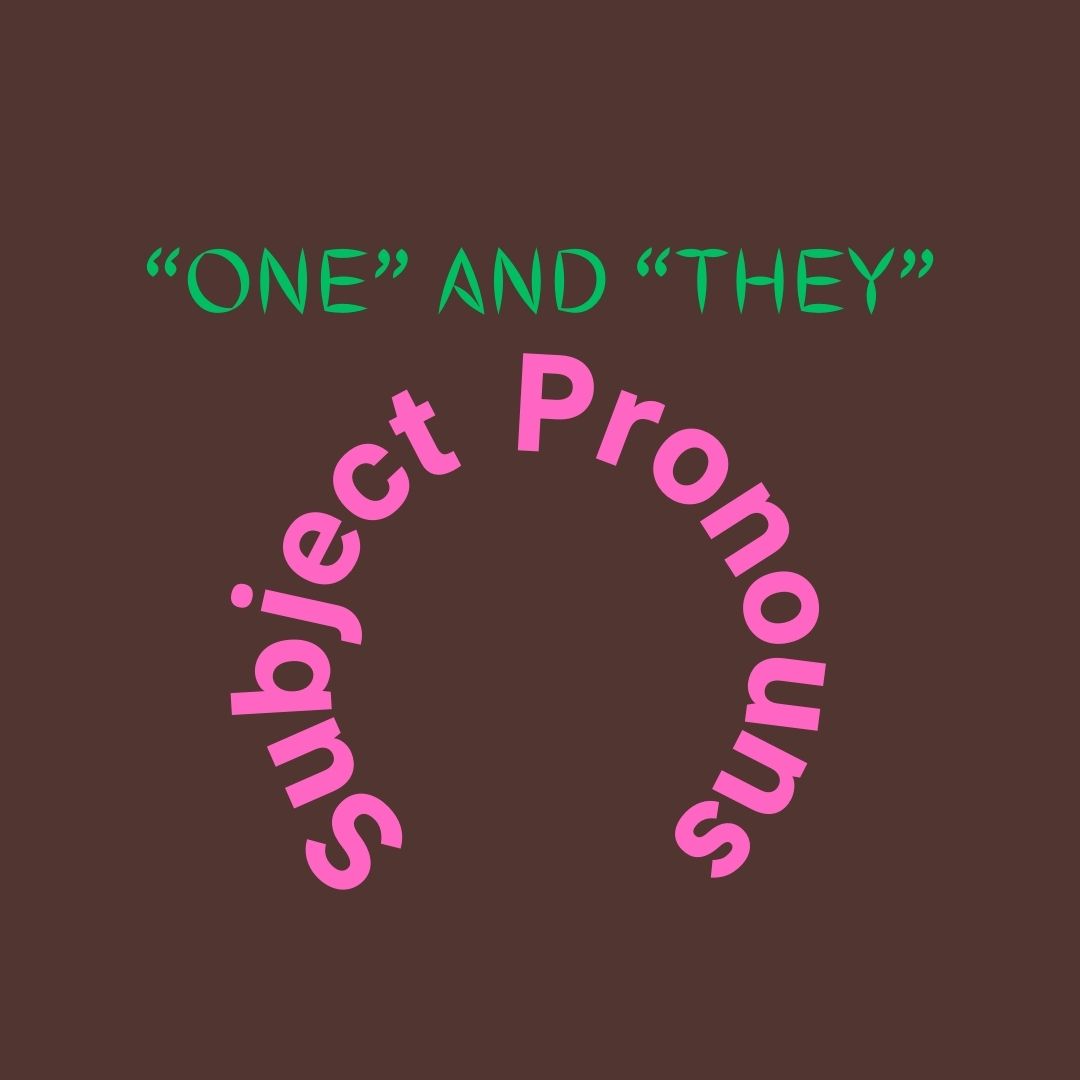Tag: indefinite

Subject Pronouns/ “One” and “They” as subject meaning
Indefinite subjects like one and they are used to refer to unspecified or generic people or things.

The Participle-Non-Finite form of the Verb
The participle is a non-finite verb form that possesses properties of both verbs and adjectives (and sometimes adverbs). It can be used to create verb phrases, participial phrases, and adjectival phrases. Participles, as verb forms that function as adjectives, can be used to modify or describe nouns, effectively turning them into attributes. When a participle is used to modify a noun, it acts like an adjective, providing additional information about the noun.

The Gerund-Non-Finite form of the Verb
The gerund is a non-finite verb form that functions as a noun in a sentence. It is created by adding the suffix ing to the base form of a verb. The gerund can be used as a subject, object, or complement in a sentence

The Infinitive-Non-Finite form of the Verb
The infinitive is a verb form that typically uses the word to before the base form of the verb. For example: to run, to walk, to eat, etc. The infinitive form is often used as a noun, an adjective, or an adverb in a sentence.

Modal Verbs: might
Might with the indefinite infinitive is used to express possibility or uncertainty in the present or future.In the perfect infinitive form, might have is used to express possibility or uncertainty in the past